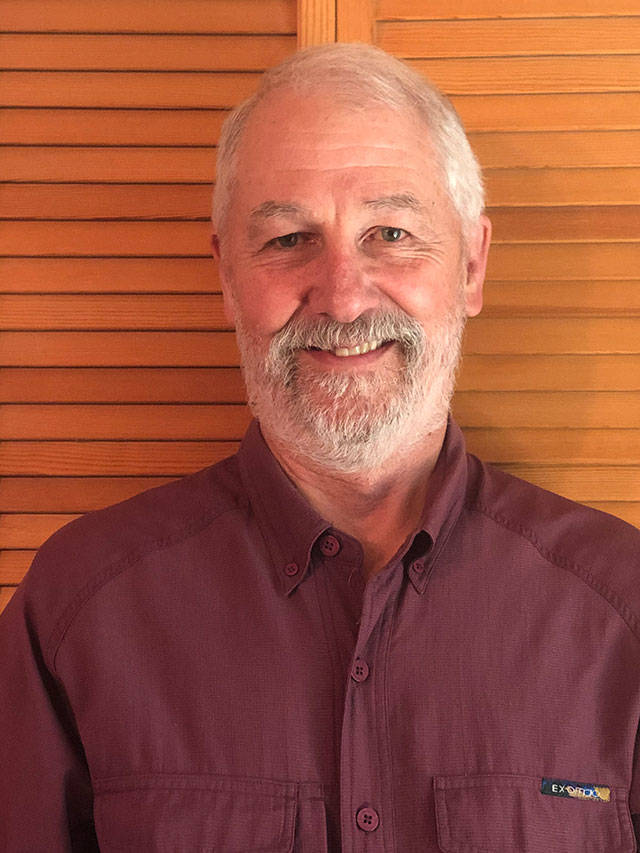We’re into our second year of the pandemic response now. Think we’re all frayed around the edges a bit by now?
Consider this. The New York Times reported on May 10, 2021, that the average number of “enforcement actions” involving unruly airline passengers averaged 130 a year for the three-year period of 2017 to 2019. However, in just the first three months of 2021, there have been 1,300 enforcement actions, mostly involving the issue of airline mask requirements.
In just three months, that’s ten times the number for three years. It is unfortunate that how one acquires and trusts pandemic-related facts and behaviors has become political and strongly polarized. We don’t have mild and weakly held opinions about issues like wearing versus not wearing a mask or getting a vaccine. Compare that to wearing a seat belt, now a universally accepted safety practice. Many of us are entrenched in our feelings of rightness rather than what works.
Complicating this is the fact that our brain’s response to being so long in a crisis makes us more likely to respond to others emotionally and impulsively, often out of fear. Have you been feeling a bit short-tempered or more impatient? This stress makes us more ready to judge others and to let them know about our judgment. As you can imagine, this behavior is unwelcome, and often even damaging.
Let’s consider the negative judgments many vaccinated people demonstrate towards non-vaccinated people. The assumption may be that non-vaccinated people are uninformed, gather their facts in the wrong places, don’t understand the facts, don’t care for the welfare of others around them, are paranoid, or believe in conspiracy theories.
There are many valid reasons why someone might not be vaccinated. There are health conditions that result in a medical recommendation to avoid the vaccinations for now. Someone with such a health condition might not want to reveal their personal health history to others. They might not appear to have a good reason to avoid the vaccine, leaving others to misinterpret their reasons. Beyond health-related reasons, there are psychological, religious and long-held philosophical reasons.
We need to practice our patience and consider that there may be more to this picture than meets the eye. There may just be some sound thinking behind this person’s decision. But in order to arrive at this awareness, we first have to control our natural impulse to immediately react. It is good to pause, perhaps give the other person the benefit of the doubt, listen.
Even in the case of someone who chooses to opt out of vaccination, because they believe the virus is a hoax, we recommend patience and kindness. Being kind touches people. Criticizing people entrenches them. It doesn’t help on an individual conversation level, and it doesn’t help on a societal level either. It is better for our health to be compassionate.
We need to be kind to each other. It’s our only way out.
If you are feeling stressed and need support, call the Community Care Team helpline at (206) 701-0694 or go to VashonBePrepared.org/CCT.
Wren Hudgins, Ph.D., is a member of the Vashon Community Care Team, a unit of Vashon Medical Reserve Corps and VashonBePrepared. He also works as a supervisor in disaster mental health for the American Red Cross and is a member of the Behavioral Health Strike Team for the Department of Health.



